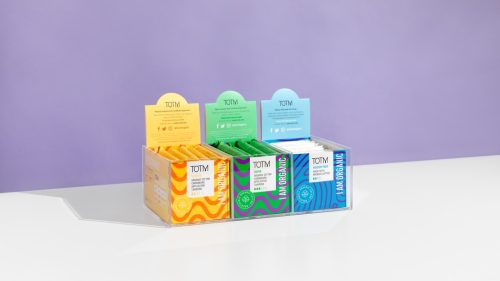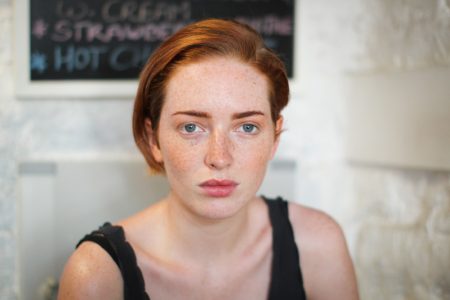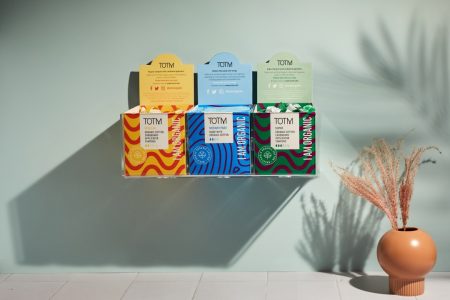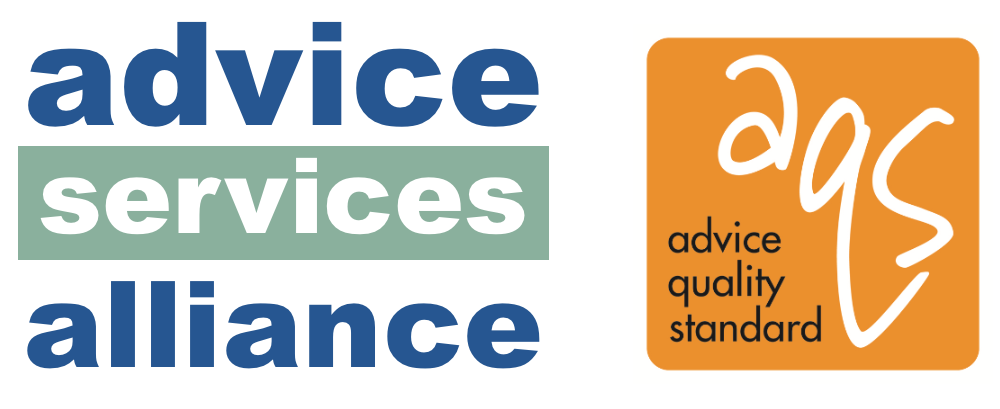Period Poverty and Mental Wellbeing
By Chloe Hall

According to a recent ActionAid survey, period poverty across the UK has nearly doubled since 2022, increasing to 21%. This means that more than 1 in 5 women and people who menstruate have found it challenging to meet the cost of period products. To put this another way, just under 3 million people find themselves facing period poverty. This figure is even more pronounced among 18-24 year olds, who confirm that they find it difficult to pay for appropriate sanitaryware.
Hearteningly, for this academic year, a new government period product scheme ensures free sanitary products to girls and women in state schools and state funded 16 to 19 education organisations in England: ‘Period products should be available for all who need them, when they need them, so they can access education. Having periods should not be a barrier to education for anyone.’ Furthermore, recent legislation in Scotland ensures ‘access to period products, free of charge, as and when they are required’ for those in need.
Some people experiencing period poverty have no alternative but to reuse sanitary pads, or leave tampons in beyond the recommended time. ActionAid reports that some people even substitute sanitary products with tissues, cotton wool, socks, or newspaper.
Factors leading to period poverty

Respondents to the survey claimed that they were forced to prioritise spending on other essentials, for example bills and food.
Of course, the situation in the UK is really just the tip of the iceberg. In Sub-Saharan Africa, for instance, many women, girls and people who menstruate live with extreme period poverty, which means that they do not leave their home during their period. There is no option but to miss school, work, exercise and opportunities to socialise until their periods are over.
Additionally, in some cultures around the world there remains a stigma that women are unclean when they are menstruating.
Nobody should ever feel shame or stigma about their period, or have to use dangerous makeshift methods to manage it.
A fact of life
There is no question that monthly periods are a significant part of many people’s lives. However, openly talking about periods is still considered a taboo subject by many, therefore creating period shame. This in turn can all too easily impact on people’s mental wellbeing, leading to loss of self-confidence, anxiety, mood swings and depression. Here you can find some useful advice and information.
Campaigners have highlighted that period shame can have an ongoing detrimental impact on people’s mental health. It’s all very well being taught human biology at school, but at present mainstream education doesn’t explore psychological aspects of the menstrual cycle.

Premenstrual Dysphoric Disorder (PMDD)
PMDD is an often misdiagnosed condition. Experts note that people with PMDD tend to experience a whole range of far-reaching symptoms, which seriously impact their everyday lives and mental health, leaving them feeling tense, anxious, or angry. People may appear to take less interest in their favourite things, have mood swings, show a lack of energy, or have difficulty concentrating. In more serious cases, PMDD may lead to suicidal thoughts. Unfortunately, if PMDD is misdiagnosed as another condition such as depression, then people may be prescribed medication that isn’t appropriate.
Moreover, there is a danger that someone’s friends and family dismiss PMDD symptoms as tiredness and irritability. It is vital that everybody is aware, understanding, supportive, and open to having conversations about health issues like this.
HFEH Mind and TOTM

TOTM is an ethical period care brand in the UK. They have a workplace scheme, offering organisations the opportunity to provide free, sustainable period products in their offices and locations. TOTM is directly tackling period shame, offering access to taboo-breaking resources. HFEH Mind is set to stock TOTM’s products on its premises, so that any staff and volunteers will have free access to period products in times of need.
Signposting
There’s a lot of advice and help online for anyone who is finding things difficult. You could try looking at one or more of these sources of information:
HFEH Mind Children & Young People Services
The Circle – Children & Young People Crisis Cafe and Hub
If you live in Hammersmith, Fulham, Ealing or Hounslow then join our Physical and Mental Health Focus Group and help shape the future of mental health in your borough and beyond. And if you ever feel you are reaching crisis point come and see us at our Safe Spaces located in each borough or call our help line open 365 days a year.
Posted on: 17th October 2024

















